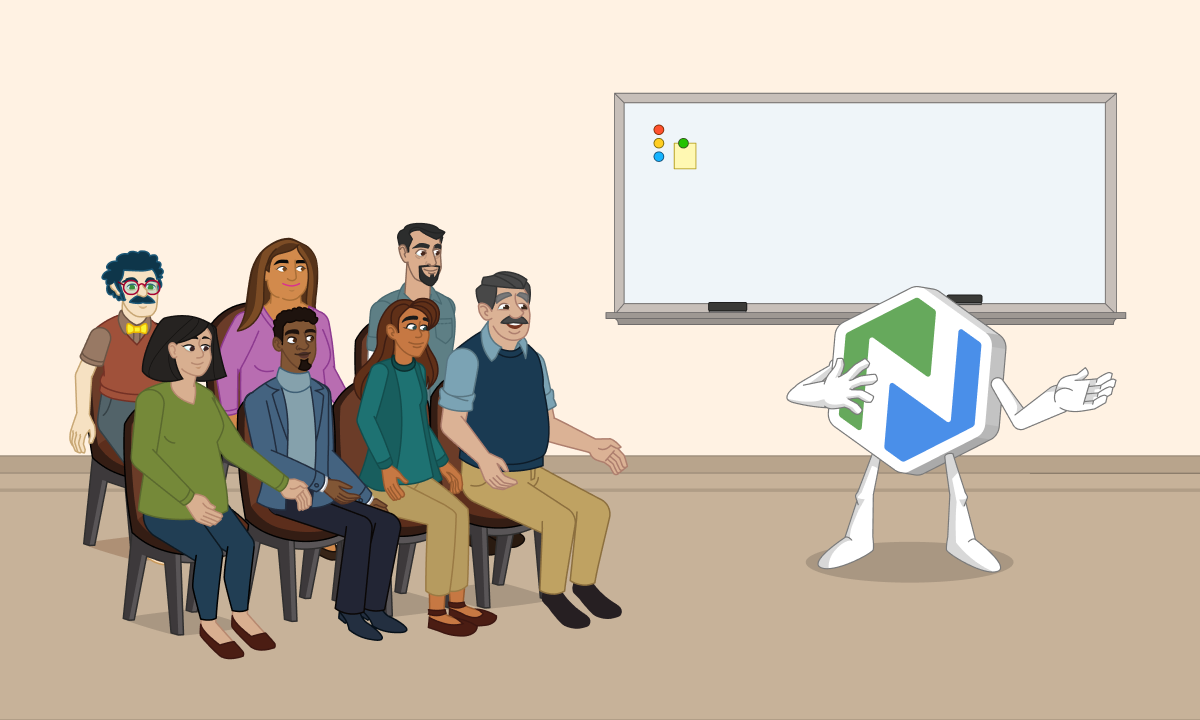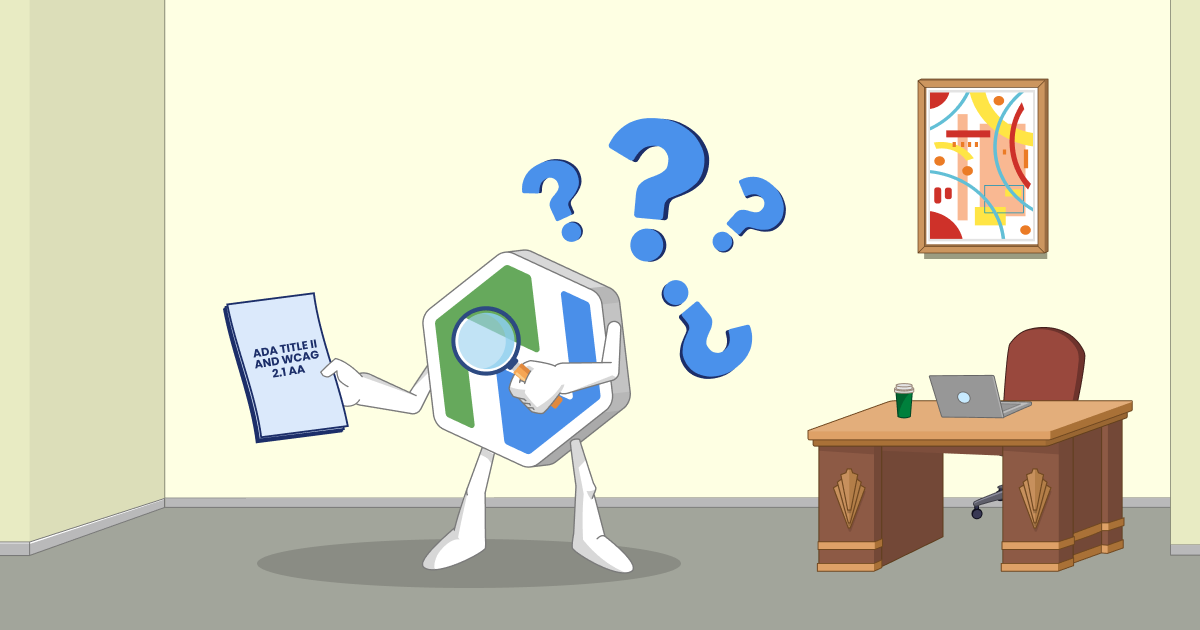5 Things to Tell New College Students
Learn the key phrases you can use to help new students transition and adapt to college—laying a foundation for academic success.

When I was an academic librarian, I participated in new student orientations with other campus partners. At one gathering, I met a young man, brand new on campus from a very small town in our state.
When classes started a week later, I saw him in the library. On my way to the office, I decided to check in. Approaching him at one of the public computers, I said, “Hi, Mark. How’s the semester starting off for you?”
I’ll never forget the look he gave me—or what he said. Staring up at me with genuine wonder, he blurted, “You remember my name.”
I’m not usually great with names, but I had remembered him, and his reaction made me happy that I took the time to greet him. I think he was happy, too. Someone knew who he was. It was a small effort on my part, but it seemed to make a difference to him. We never interacted much after that first week, but he would smile or wave whenever he saw me in the library.
College can be tough for new students. Whether they’re freshmen, transfer students, or international students, getting their feet under them can take time. They’re faced with new information, landscapes, and people. Some may be first-generation students with no idea how to navigate a college campus. Others are juggling jobs or family responsibilities. And some may have serious financial concerns. All of them are working out new identities as students and as individuals. It’s a lot.
As a librarian, you have direct contact with students. Although you might not have the sustained weekly contact students get with their instructors, all students are your students. Free from the designations of majors or schools, you see and serve everyone.
So even though you might not see them often, you can play a role in helping students transition and adapt to college. Here are some messages I like to use to welcome and reassure students.
What to Say to New College Students
“Hi, I’m. . .” I recalled Mark’s name, but serving all students means you may not remember everyone’s name (I certainly didn’t). So be sure to offer yours. I clearly remember my college librarians. I knew them all—by sight. I didn't know their names, and they seemed remote and intimidating. There was no way I was going to approach them with a question. Warmly offering your name can help students see you as a person, not a symbol or authority figure. Even if they don’t remember it, they may be more likely to approach and say, “Hey, I forgot your name, but I remember meeting you.”
“You Belong Here.” The transition to college can be hard. Leaving home is tough. Being the first person to attend college is even harder. Coming to a campus that is bigger than your entire town takes a huge amount of courage. And, some students are transitioning remotely, making it tough to build relationships, connect with the community, and find academic support. A student may feel like a fish out of water, struggling not only to find their place but doubting if there even is a place to find. Reminding them that they belong—that you’re excited they’re part of the campus community—can help them see a space for themselves in the community.
“The Library is Yours.” Letting students know that the building—and everything in it—belongs to them may help ease new student anxiety. If they aren’t looking for books, maybe they want a place to gather with friends, work independently, or create something in a maker's lab. When interacting with students, do your best to demystify the library and help them claim ownership. At my former college, we talked about the library as neutral ground—not the intense atmosphere of the classroom or the equally intense atmosphere of student housing, but a separate place where students might find quiet, companionship, or inspiration.
“You Can Do It…” Students may be filled with doubt about transitioning to college. And even if they’re not, they will likely experience doubt the first time they tackle a research project. Reminding them that college is hard—but that they can succeed—may be exactly what they need to hear. Tell students they came to college with their own knowledge and experiences, and now they have a new opportunity to grow, expand, and refine how they think. It isn’t easy, but it’s possible, and many support structures are in place—which leads me to the last suggestion.
“…and I’m Here to Help.” These may be the most important words you can say to a new student. And you may have to say them over and over. It’s powerful to let students know they can ask questions and don’t have to go it alone. Not everyone will accept your offer, and that’s okay. But when someone does ask for help, back up your words with actions. Take as much time as possible. Treat their questions seriously, even if the answers seem obvious. Show the student how the library works, what research entails, and how to ask better questions. You may never see them again, but they’ll know you want them to succeed and how to lay the foundation for that success.
More Ways to Make a Difference
As a librarian, you see many students over the days, weeks, semesters, and years. Sometimes, you’ll form close relationships and watch students grow from year to year. Other times you just manage a wave and a smile when you see them on campus.
Whatever your interactions, you can help ease their transition to college and welcome them to the world of research and academic libraries. A few simple, sincere words can make all the difference.
If you’re interested in more ways to make a difference for your students, we’re here to help. Start a free trial to get a sneak peek at some of our learning content that can help you support, engage, and interact with students.

.png)

.png)
.png)

.png)
.png)
.png)
.png)

.png)
.png)